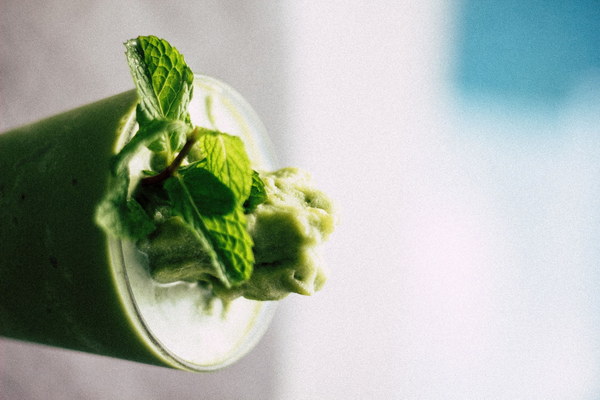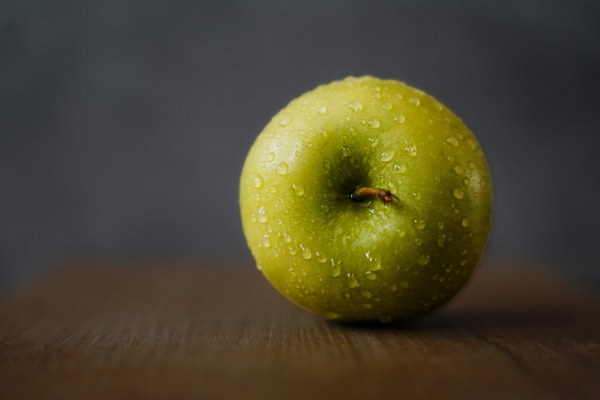Nurturing vs Cleansing Which is Better for Liver Health
Introduction:
The liver is a vital organ responsible for detoxifying the body, metabolizing nutrients, and producing bile. With its multifaceted functions, it's no wonder that liver health is a crucial aspect of overall well-being. When it comes to maintaining a healthy liver, one might wonder whether nurturing or cleansing is the better approach. In this article, we will explore the differences between these two methods and determine which one is more beneficial for liver health.
I. Understanding Liver Nurturing
A. Definition and Purpose

Liver nurturing refers to the practice of supporting and strengthening the liver's natural functions to promote overall health. It involves adopting a balanced diet, exercising regularly, and avoiding harmful substances.
B. Key Components of Liver Nurturing
1. Diet: Incorporating a variety of nutrients, such as antioxidants, vitamins, and minerals, can help protect the liver from damage.
2. Exercise: Regular physical activity improves blood circulation, aids in weight management, and enhances liver function.
3. Detoxification: Using natural remedies and lifestyle changes to support the liver's detoxifying process.
4. Stress management: Reducing stress levels can help prevent liver inflammation and improve its functioning.
II. Understanding Liver Cleansing
A. Definition and Purpose
Liver cleansing, on the other hand, involves the process of removing toxins from the liver to improve its performance. It aims to flush out accumulated waste and promote liver health.
B. Key Components of Liver Cleansing
1. Detoxification diets: These diets typically consist of fruits, vegetables, and water to flush out toxins and support liver function.
2. Herbal remedies: Using natural herbs, such as milk thistle, dandelion, and artichoke, to stimulate the liver and support its detoxifying process.
3. Colon cleansing: Some believe that a healthy colon is essential for a healthy liver, so they opt for colon cleansing to improve overall detoxification.
III. Comparing Liver Nurturing and Cleansing
A. Benefits of Liver Nurturing
1. Long-term health: By supporting the liver's natural functions, liver nurturing can lead to long-term improvements in liver health.
2. Holistic approach: It addresses various factors that contribute to liver health, such as diet, exercise, and stress management.
3. No side effects: As it involves natural methods, liver nurturing is generally safe and free from side effects.
B. Benefits of Liver Cleansing
1. Immediate results: Liver cleansing can provide quick relief from symptoms such as fatigue and bloating.
2. Targeted approach: It focuses specifically on removing toxins from the liver, which can lead to immediate improvements in its performance.
3. Temporary solution: While liver cleansing can be beneficial, it is not a long-term solution and may require repeated treatments.
IV. Conclusion
In conclusion, both liver nurturing and cleansing have their merits, but the better approach for liver health largely depends on one's lifestyle and goals. Liver nurturing is a more holistic and long-term solution, addressing various factors that contribute to liver health. On the other hand, liver cleansing can provide immediate results but may not be sustainable in the long run.
Ultimately, it's essential to consult with a healthcare professional to determine the best approach for your individual needs. A combination of both methods may also be beneficial for some individuals. By focusing on overall health, including diet, exercise, stress management, and occasional liver cleansing, one can achieve optimal liver health and well-being.









